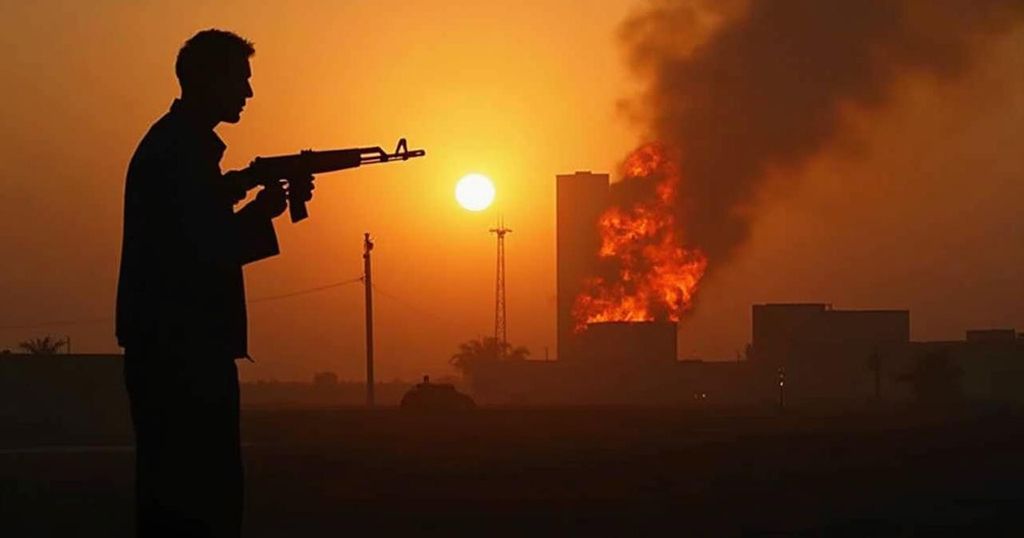Oman and Several Nations Condemn Attack on UAE Ambassador’s Residence in Khartoum

Oman condemned the attack on the UAE Ambassador’s residence in Khartoum, denouncing it as a breach of diplomatic norms. Other nations, including Jordan, Bahrain, and Kuwait, also expressed strong disapproval, joining the UAE in calling for accountability for the assault.
On September 30, 2024, the Sultanate of Oman issued a condemnation regarding the attack on the residence of the United Arab Emirates (UAE) Ambassador in Khartoum, Sudan. The Ministry of Foreign Affairs of Oman, relayed through the Oman News Agency (ONA), characterized the assault as a deplorable act that breaches established diplomatic conventions and the immunities owed to diplomatic missions and personnel. This condemnation aligns with similar responses from other nations, including Jordan, Bahrain, and Kuwait, each vocalizing their denunciation of the incident, which resulted in substantial damages to the ambassador’s residence. In addition, the UAE itself has condemned the attack, calling for accountability from those responsible.
The recent attack on the residence of the UAE Ambassador is part of a broader context of increasing violence and instability in various regions, which has raised concerns regarding the safety of diplomatic missions. The incident not only highlights the vulnerabilities faced by diplomats, particularly in conflict-ridden areas such as Sudan but also emphasizes the importance of upholding international laws and customs that protect diplomatic representations globally. The strong responses from multiple countries reflect the collective stance against actions that undermine international diplomatic practices.
In summary, the coordinated condemnations from Oman, Jordan, Bahrain, Kuwait, and the UAE underscore a unified international response to the attack on the UAE Ambassador’s residence in Khartoum. Such incidents not only pose threats to the safety of diplomats but also challenge the fundamental principles of diplomatic immunity and international law. The global community must remain vigilant in defending these principles to ensure the protection of diplomatic personnel worldwide.
Original Source: www.wam.ae





